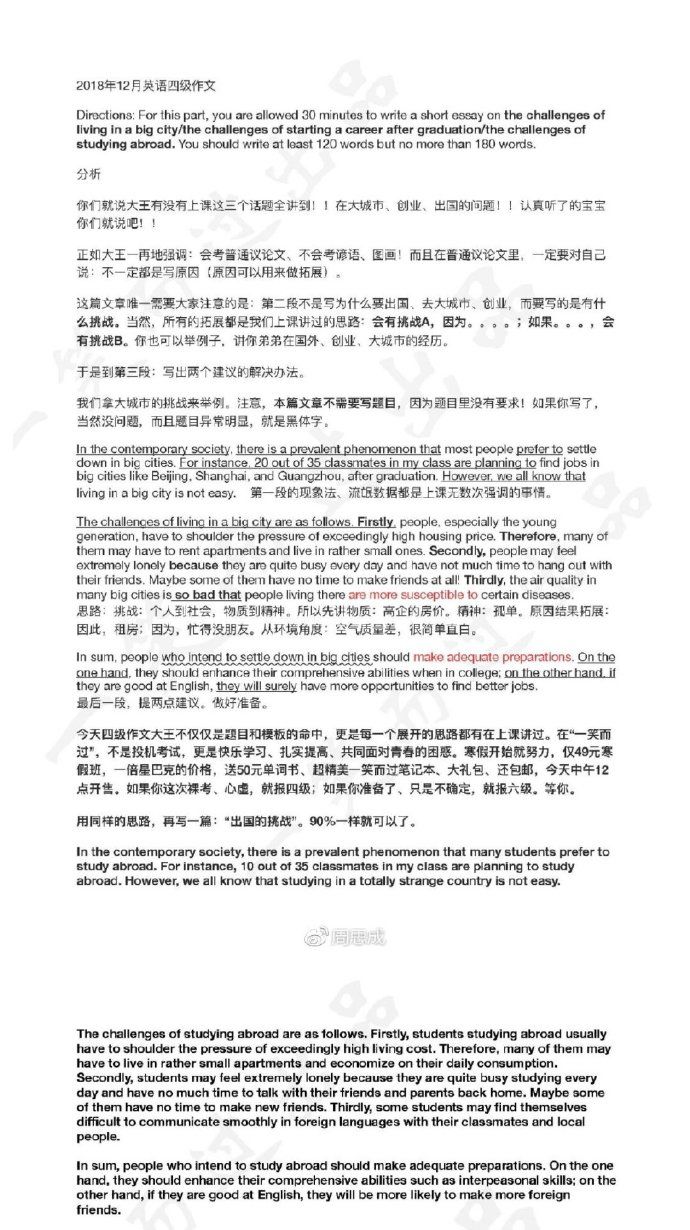英美报刊节选翻译练习(十六)
|
From < A guide to womenomics > 摘自《经济学人》 Apr 12th 2006 In the developing world, too, more women now have paid jobs. In the emerging East Asian economies, for every 100 men in the labour force there are now 83 women, higher even than the average in OECD countries. (1)Women have been particularly important to the success of Asia's export industries, typically accounting for 60-80% of jobs in many export sectors, such as textiles and clothing. Of course, it is misleading to talk of women's “entry” into the workforce. Besides formal employment, women have always worked in the home, looking after children, cleaning or cooking, but because this is unpaid, it is not counted in the official statistics. To some extent, the increase in female paid employment has meant fewer hours of unpaid housework. (2)However, the value of housework has fallen by much less than the time spent on it, because of the increased productivity afforded by dishwashers, washing machines and so forth. Paid nannies and cleaners employed by working women now also do some work that used to belong in the non-market economy. new words sector n. 部门 (1)Women have been particularly important to the success of Asia's export industries, typically accounting for 60-80% of jobs in many export sectors, such as textiles and clothing. (2)However, the value of housework has fallen by much less than the time spent on it, because of the increased productivity afforded by dishwashers, washing machines and so forth.Paid nannies and cleaners employed by working women now also do some work that used to belong in the non-market economy. |








